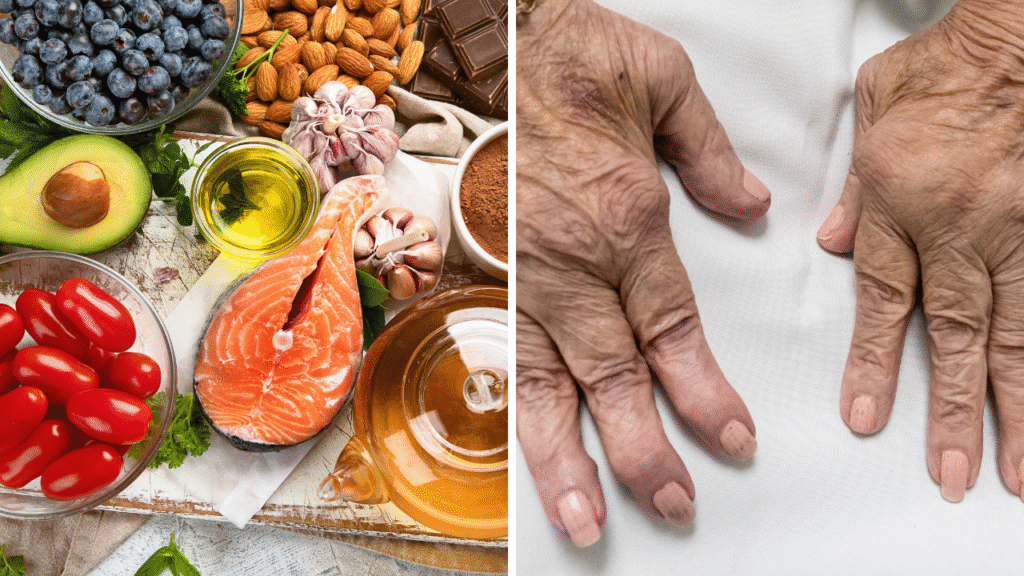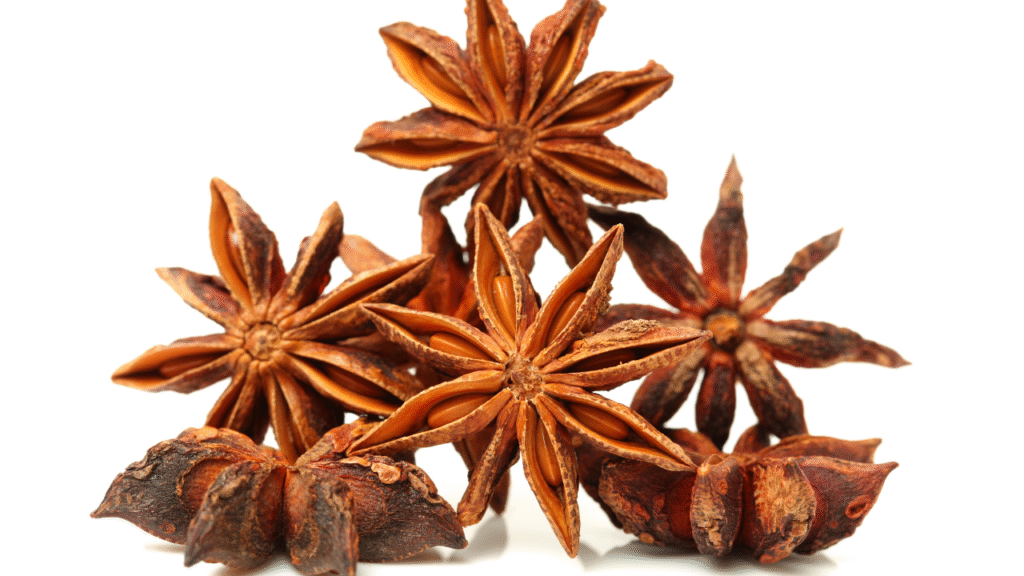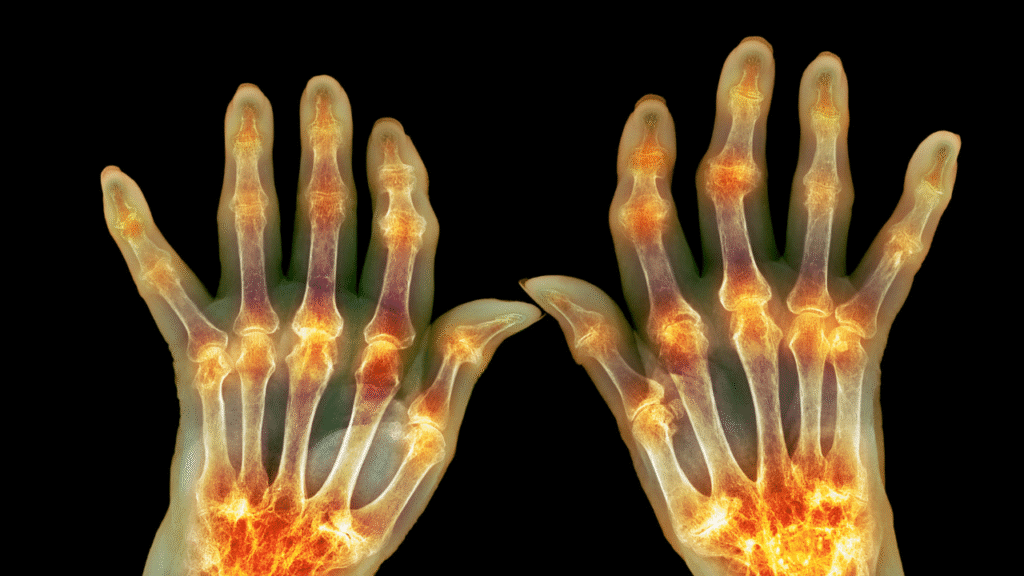
A dry cough is a cough that does not generate mucus or phlegm. They induce a scratchy or tickly sensation in the throat due to nerve irritation in the respiratory tract. They can last for weeks following a cold or flu.
Treatment is determined by the cause, which may include airborne irritants, poor indoor air quality, and medical disorders, to name a few. Allergies, environmental irritants, infections, and certain drugs such as ACE inhibitors are all medical causes. Dry coughs can be an early indicator of health problems such as sleep apnea or GRD, seasonal hay fever, asthma, acid reflux, and pharmaceutical side effects. Before taking any drug, consult with your doctor.
Alternative treatments, such as raw honey and licorice root, can help relieve the symptoms of a dry cough. Some can treat dry coughs with over-the-counter and prescription drugs.
This article contains 19 dry cough home remedies. It outlines the most prevalent causes of a dry cough and how to eliminate it.
1. Unprocessed Honey
Raw honey is a classic home treatment for coughs with its inherent anti-inflammatory characteristics and ability to moderate mild infections. A 2018 study indicated that honey was as effective as diphenhydramine in treating children’s coughs but less effective than dextromethorphan. Honey is generally well tolerated by younger children; however, due to botulism hazards, it should not be given to newborns under one year of age. It also affects blood sugar; therefore, alternative options for regulating glucose levels may be preferable. You can consume honey daily or blend it with tea or warm water.
2. Ginger
Ginger, a powerful antibacterial and anti-inflammatory agent, strengthens the immune system and alleviates pain. Gingerol, a chemical molecule in it, can inhibit airway hyperresponsiveness, which can cause asthma symptoms such as coughing. This impact can be felt orally or by inhaling Steam. However, too much ginger might cause stomach distress, heartburn, or diarrhea. According to Columbia University research, gingerol may help alleviate coughing symptoms. As a result, using ginger with caution is advised. One can consume ginger in capsule form or chew on the root for dry cough treatment.
3. Garlic
Garlic, a spice with antiviral, antibacterial, and anti-inflammatory effects, is thought to decrease blood pressure and enhance immunity. Though most research has been mixed, it may also reduce coughing caused by the common cold. A 2014 study discovered no advantage to taking garlic to prevent or treat cold symptoms, but it is safe to eat.
4. curcumin
Turmeric, high in curcumin, has anti-inflammatory, antiviral, and antibacterial effects that help with dry cough. It absorbs best when coupled with black pepper. Turmeric has been used for ages in Ayurvedic medicine to treat upper respiratory problems, bronchitis, and asthma. It can be eaten as a spice or as a pill. You can mix turmeric into cold orange juice or heated tea.
5. Use salt water to gargle.
Gargling with warm salt water helps relieve dry cough symptoms while killing bacteria in the mouth and throat. Gargle with one teaspoon of table salt in warm water many times daily. This cure is not for small children, and if coughing creates irritated throat nerve endings, gargle salt water immediately after brushing your teeth to numb and relax the nerve ends in the throat.
According to a 2019 randomized controlled trial published in Scientific Reports, gargling with salt water three times a day can lessen the duration of a cold-related cough by 2.4 days and vocal hoarseness by 1.7 days. It shows that gargling with salt water may be beneficial in treating common cold symptoms.
6. Inhaling Steam.
By hydrating nasal passages, alleviating throat pain, and lessening the severity of minor infections or allergy-related coughs, inhaling Steam can help reduce dry cough. Drape a towel over your head while inhaling Steam to improve moisture intake. To avoid severe burns, avoid placing your face directly over hot water.
7. Licorice Root
Since 2100 B.C., licorice root tea, known as gancao in traditional Chinese medicine, has been used to relieve pain, cleanse phlegm, and relieve cough. For five to ten minutes, steep dried licorice root in boiling water. While licorice root tea is typically harmless, long-term use can result in high blood pressure, irregular menstruation, exhaustion, headaches, water retention, and erectile dysfunction. It is available at grocery and health food stores and online.
8. Marjoram
Marjoram, a kind of oregano, is well-known for its anti-inflammatory characteristics and ability to relieve coughs caused by asthma, bronchitis, colds, and pertussis. Steep 3-4 teaspoons of marjoram in hot water and drink thrice daily. While it is typically harmless, it may slow blood clotting and increase the risk of bruising and nosebleeds in people on anticoagulant medications.
9. Marshmallow Root
Marshmallow root, the root of the marshmallow plant, has been used to treat sore throats since ancient times. Its slightly mushy nature soothes sore throats, while the root’s flavonoids aid in alleviating inflammation. A 2018 study discovered that marshmallow root extract syrups and lozenges cured mild dry cough within 10 minutes. Marshmallow root tea is generally harmless; however, there has been little research on its long-term safety. The herb may interfere with blood coagulation and affect blood sugar levels.
10. Thyme
Thyme, a medicinal herb, has been utilized in Europe since the Black Plague. It contains thymol, an antispasmodic substance that can calm throat muscles. Thyme tea is safe to drink occasionally and can be produced by steeping 3-4 tablespoons of dry herb in 8 ounces of boiling water. For cough alleviation, you can add honey. Because of the risk of blood pressure reduction, you should not consume thyme essential oil internally.
11. Holy Basil
Tulsi, often known as holy basil, is a green leafy herb native to India that has been used for thousands of years for various purposes, including curing dry cough. Although there has been little scientific research on its effectiveness, holy basil is generally harmless and can be drunk as tea or steaming.
12. Peppermint
Peppermint includes menthol, which numbs throat nerve endings irritated by coughing, offering pain relief and lowering coughing urges. It also has antibacterial and antiviral effects and relieves congestion. Peppermint can be used as tea or lozenges, especially before bedtime, to relieve coughs. The aromatherapist utilizes peppermint for treatment.
13. Masala chai tea
Chai tea, popular in the United States, is used to heal sore throats and dry coughs in India. It is made from mala chai, contains antioxidants like cloves and cardamom, and acts as an expectorant. Cinnamon has anti-inflammatory effects as well.
14. Capsicum
The chemical capsaicin in chili peppers has been shown to alleviate chronic coughing. It is available as a pill or tea brewed with cayenne pepper hot sauce and warm water. Cayenne peppers are available whole and can be soaked in heated water. Children should not receive capsaicin-based therapy.
Other home Remedies to consider
15. Use a humidifier.
Dry air can aggravate a dry cough, but humidifiers can help by providing moisture to the air and opening up sinus passages, making them useful for postnasal drip. A humidifier in the bedroom can be beneficial.
16. Use an air purifier
By delivering clean air for breathing, air purifiers eliminate airborne irritants such as dust and smoke, minimize allergens such as pet dander and pollen, and help lessen coughing caused by environmental toxins or underlying illnesses.
17. Antitussive cough syrup
Antitussive cough drugs suppress the cough reflex, lessening the desire to cough, and are especially useful for dry coughs. Some contain codeine and are only available by prescription, while others, such as dextromethorphan, camphor, or menthol, are available without a prescription.
18. Cough drops
Cough drops are medicinal lozenges that are used to relieve sore throat tissues. Some cough drops contain menthol as a numbing agent to diminish the urge to cough. Cough drops with ginger or eucalyptus are also available.
19. Cough Syrup
Cough syrup and menthol lozenges help relieve sore throat sensations. Consider putting Vicks Vapo-Rub in your steam inhalation for a cooling effect and a slight anesthetic. This procedure may also bring some relief.
When Should You Visit Your Doctor?
Despite minor symptoms, a persistent dry cough may indicate an underlying infection such as pneumonia. Diagnosis and treatment should be sought from your healthcare professional. Consult your healthcare practitioner if you have a cough that lasts more than 10-14 days, is intensifying, producing pinkish sputum or blood, has chest pain or pressure, shortness of breath or wheezing, midnight coughing, or vocal hoarseness. The reason for the cough may influence treatment.
Summary
Dry cough, which lacks mucus or phlegm, can be treated with home treatments such as raw honey or garlic, over-the-counter pharmaceuticals, or herbal therapies such as licorice root or marjoram. The option is determined by the cause, such as allergies, acid reflux, asthma, or infection. If the cough lasts more than 10-14 days, it may be essential to see a doctor.
Links
Menthol Cough Drops: Cause for Concern? – PubMed (nih.gov)
Honey for acute cough in children – Oduwole, O – 2018 | Cochrane Library
Heated, humidified air for the common cold – PMC (nih.gov)




